Findings published in a new report underscore the prevalence of consumer racial profiling in Canada. The report describes consumer racial profiling as the experience of “an Indigenous, Black or other racialized persons, predominantly being followed around, singled out for scrutiny, or closely monitored by a clerk or guard who suspects they may steal or do something else criminal.”
The report uses socio-legal analysis, empirical data, and public health research to show how this underrecognized phenomenon acts as a present-day expression of colonialism and systemic racism. Consumer racial profiling represents a threat to reconciliation efforts, with the report’s authors calling for Indigenous-specific remedies to address the harms it presents. The report also discusses how consumer racial profiling is interrelated with legal consciousness, systemic discrimination, and access to justice.
Indigenous Consumer Racial Profiling in Canada: A Neglected Human Rights Issue was written by Dr. Lorne Foster and Dr. Lesley Jacobs. The report is available in full here: https://www.strongascedar.ca/wp-content/uploads/2025/08/Signed-Expert-Report-on-Indigenous-Consumer-Racial-Profiling.pdf. The official press release is available here: https://www.newswire.ca/news-releases/new-expert-report-reveals-harms-of-indigenous-consumer-racial-profiling-in-canada-report-submitted-as-evidence-in-canadian-tire-human-rights-complaint-879720617.html.










